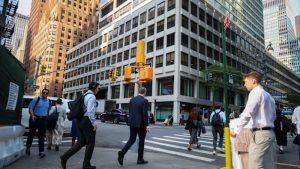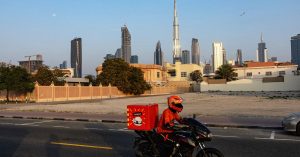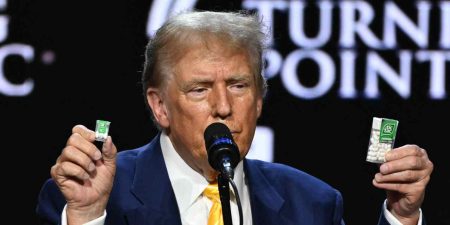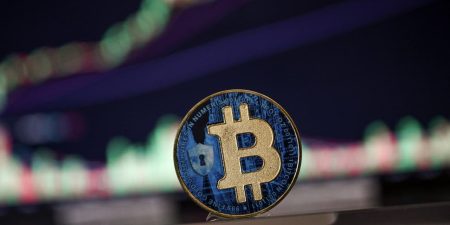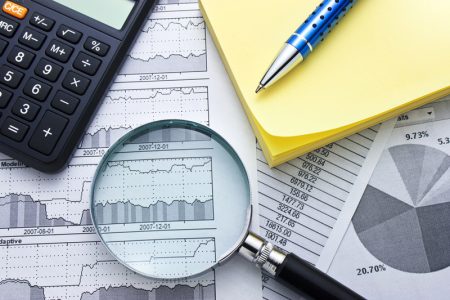By Anant Chandak
BENGALURU (Reuters) – South Korea’s economic growth likely slowed a bit last quarter as languishing exports and high interest rates hurt private consumption that accounts for about half of the economy, a Reuters poll of economists found.
While exports from Asia’s fourth-largest economy declined in June, imports also fell, indicating a lack of vitality in domestic and foreign demand, especially from China, the country’s largest trade partner.
On a year-on-year basis, gross domestic product (GDP) was expected to have expanded 0.8% in the April-June period, according to the median forecast of 22 economists, slightly slower compared to a revised 0.9% growth in January-March.
However, on a quarterly basis, the export-led economy grew a seasonally adjusted 0.5%, a tad higher than 0.3% growth in the preceding quarter, underscoring a lacklustre recovery after it narrowly avoided a technical recession in Q1.
“GDP growth…is expected to be at a similar pace to the first quarter, due to sluggish exports and manufacturing sector, weak investment as well as smaller government spending,” said Park Sang-hyun, economist at HI Investment and Securities.
“Economic growth is expected to rebound in the second half of this year…but it will depend on the pace of economic recovery in China.”
Initial hopes for an economic boom in China, buoyed by the ending of COVID pandemic-led lockdowns, have been dashed as the world’s second-biggest economy is now projected to grow just 5.5% this year and 4.8% next. [ECILT/CN]
Underwhelming growth figures have sent shockwaves through the global economy, impacting not only South Korea but also other Asian economies that heavily rely on Chinese demand, raising concerns about the broader economic outlook.
South Korea’s economic growth was forecast to average 1.2% this year, a sharp fall from 2.6% seen last year, a separate Reuters poll showed.
“The economy is set to struggle…as domestic demand remains suppressed by tight monetary policy while exports are likely to weaken as demand from advanced economies weakens and the boost from automotive production fades,” wrote Shivaan Tandon, emerging Asia economist at Capital Economics.
Read the full article here
